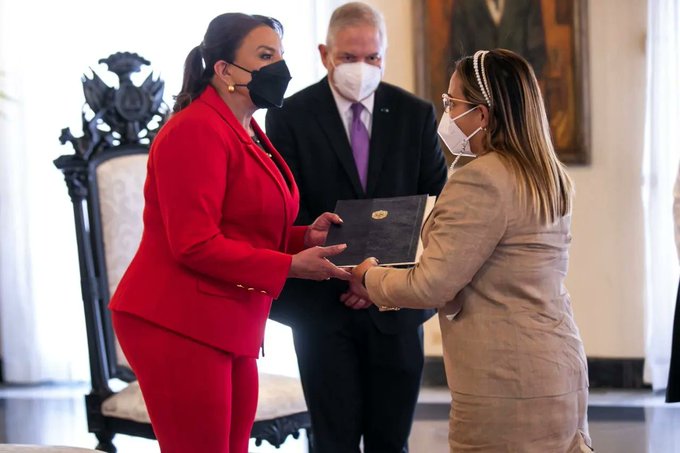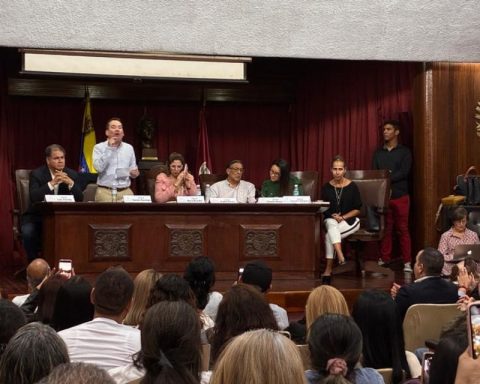A total of 3,518 attacks by Africanized bees, three deaths and more than 100 people injured have been reported nationwide so far this year, according to figures from the Meritorious Fire Department of Panama.
Major Ángel Delgado, director of Related Calamities for firefighters, stated that the numbers of emergencies attended this year have increased compared to 2019, 2020 and 2021.
In the first three months of 2019, there were 2,923 cases; in 2020, 2,982 and in 2021, 2,988 situations were attended to, numbers that were surpassed by this 2022. Bee attacks are one of the most alert emergencies that red shirts receive annually, averaging between 10 and 15 thousand attentions.
Delgado also explained that loud noise, wind, high temperatures, smoke pollution and strong odors, agrochemicals and barking dogs alert and make bees aggressive, which often cause these attacks. The provinces of Chiriquí, Veraguas, Coclé and Panama, specifically in the North and East areas, are the areas where incidents have been reported the most.
He recommended that if attacked by a bee not to kill it. “Do not kill them, since they release a substance called a pheromone that attracts the others, they have a radius of attack of 300 around, so it is recommended to get as far away as possible and try to pour soapy water on them. large amounts or throw a blanket over the body, followed by calling the emergency services.”
In another alternative to help those who have been stung victims, the expert recommended removing the stingers with a plastic card (such as the one used for the MetroBus) in order to reduce the effects a little until the required assistance arrives.
Doctor Alexander Bare Díaz stated that the consequences of Africanized bee stings can be serious. “In these cases, people can have an anaphylactic shock (anaphylaxis), but it will depend on the amount of poison inoculated, which is a predictor of patient mortality.”










